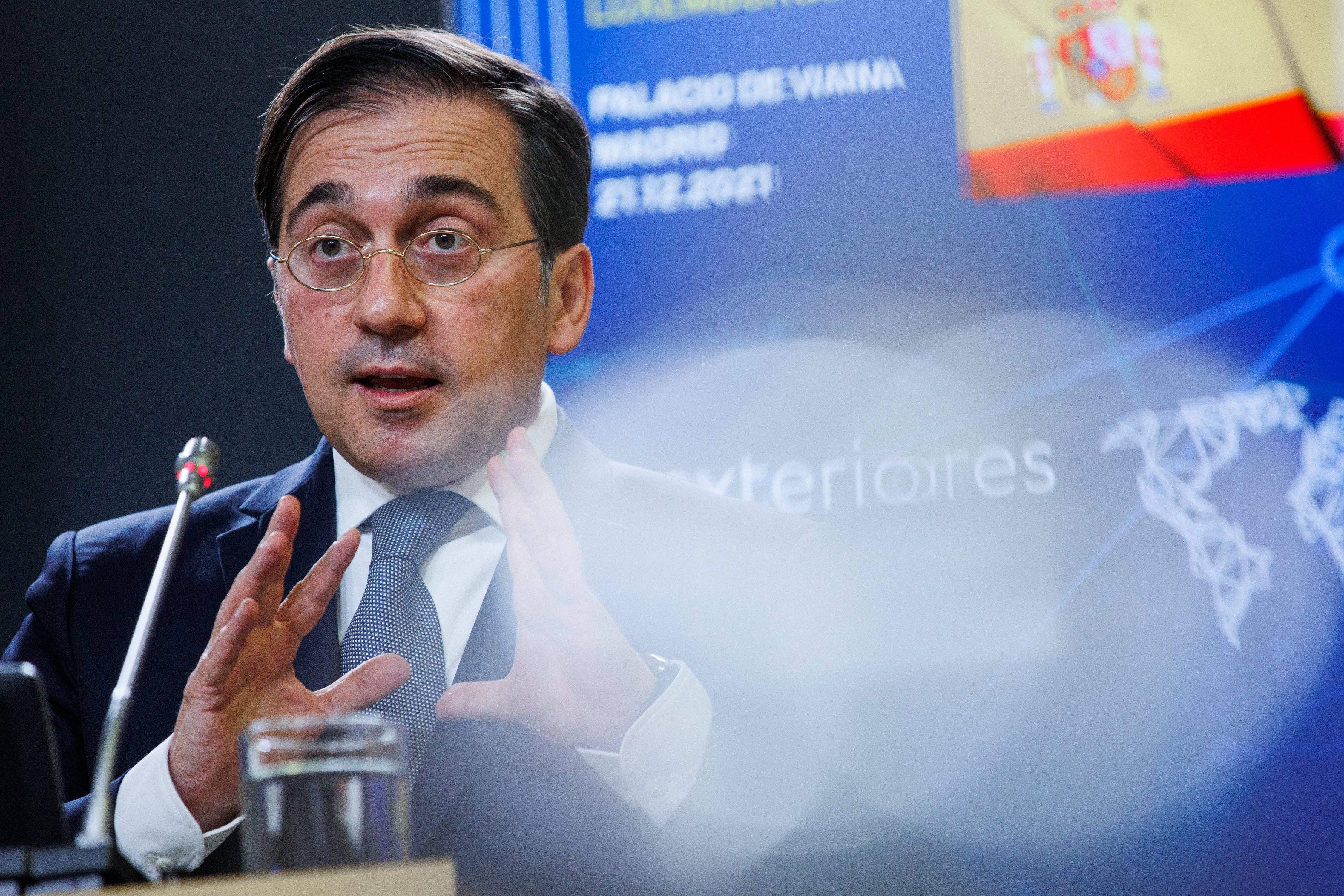The Spanish foreign minister, José Manuel Albares, has admitted that achieving official language status for Catalan in the European Union could take "months". And the Socialist politician has explained that on Tuesday, the rotating presidency of the European Union, currently held by Spain, requested reports on the material and budgetary impact of the granting of official status to Catalan and that a commission will have to prepare them. "That will allow us to formalize the commitment with the other states", explained Albares, who has remarked that the entire cost will fall on the Spanish state in an interview with Catalan public television's Els Matins. These reports will allow the member states to study the proposal made by Spain, which will have to formally circulate them. The main problem is that these reports usually take "two or three" months to complete and, therefore, it can be ruled out that the EU will approve the granting of official status to Catalan at the next meeting of the General Affairs Council on November 15th.
Approval for Irish took two years
Even so, the Spanish minister admitted that everything is being carried out at "unusually fast" rates. "The most important thing is not the speed, the important thing is to make the proposal that will obtain a green light from the 27", stressed Albares, who recalled that in the case of the Irish language it took two years. "European time is different from national time," he said. In fact, Albares emphasizes that the goal is for the other states to be able to evaluate the proposal so they can ascertain that it does not have a particular adverse affect on them.
The Spanish foreign minister also claimed that this is the first time that a state has taken a proposal of these characteristics to the General Affairs Council of the EU. "Never has a language not included in the list of languages in the treaties or in regulation 1.58, which specifies the European language regime, been requested by a member state to be included," explained Albares. He also stated that the Spanish government has already reached several agreements for European institutions to make translations into Catalan.
The "specificity" of Catalan, key
To prevent the Spanish proposal from negatively affecting the other states, Albares already proposed yesterday that the cases of Catalan, Basque and Galician have "specificity". In other words, that they are unique cases within the European Union. "They are languages of legal use in the Congress and the Senate and we have subscribed to almost all the European administrations so that Catalan can be used", explained Albares, who believes that the case of Catalan will be "easy" to apply for the large number of speakers and translators there. The objective, therefore, is for the Spanish state to convince the other 26 members of the EU that granting official language status to Catalan, Basque and Galician will only affect Spanish reality.
Regarding the differences with Latvia, Albares explained that he has already spoken with the minister, as reported by ElNacional.cat. "I sat down with my Latvian colleague to resolve all his comments and to be sure of all the implications," explained the Spanish minister.

